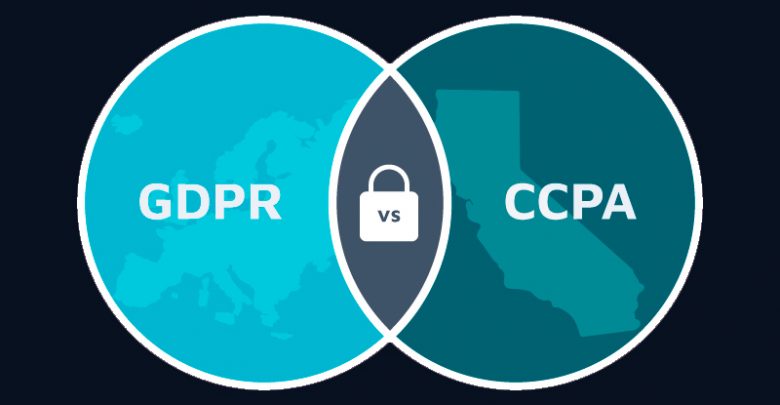Data Guidance and the Future of Privacy – GDPR & CCPA

In a world where information is the maximum precious resource, it’s logical that there could be new guidelines to defend consumer information. With media stores overlaying more information scandal tales than ever, purchasers are increasingly more conscious of facts collection and how it affects them. With this in mind, international compliance policies support consumer rights to statistics privacy and consent.
Two such regulations are the EU’s GDPR (General Data Protection Regulation, in impact May 25, 2018) and the CCPA (California Consumer Privacy Act, in impact January 1, 2020). These are of the first policies that directly impact data collection, use, and storage on a huge scale.
Understanding the impact of GDPR and CCPA rules is critical for international compliance today—and within the future. In fact, these regulations foreshadow a positive trend toward records collection and management: More governing bodies will put into effect privateness and consent guidelines with heftier repercussions for noncompliance. To assist you apprehend how these regulations can affect you, here’s an overview of GDPR vs. CCPA.
Similarities and Differences: CCPA vs. GDPR
Here are the most first-rate similarities among the CCPA and the GDPR:
- Where are these in effect? Anywhere within the government’s jurisdiction.
- Who do the legal guidelines protect? Any citizens of this jurisdiction.
- When is a commercial enterprise responsible? Anytime they have interaction with the data of a resident.
- What rights do customers have over their facts? Both CCPA and GDPR compliance
- rules permit users the proper to access, correct, stop the processing of, and delete their statistics.
Here are the most incredible differences between the CCPA and the GDPR:
Who do the legal guidelines affect? Any commercial enterprise that collects information from these citizens, no matter where the business is based. The GDPR does not have a look at the dimensions of the commercial enterprise when enforcing its regulations. The CCPA, however, requires companies to be positive size or possess a sure quantity of facts before the law might be enforced.
How are compliance violations punished? Directly via fines and indirectly through the media and public relations. Fines accrued thru the GDPR are related to and capped primarily based on a company’s annual revenue, while CCPA fines haven’t any ceiling and are assessed on a per violation basis.
How do client’s opt-in/out? Prior to collecting facts, the GDPR calls for that groups ask consumers to opt-in. The CCPA takes a slightly much less in-depth approach, requiring that corporations permit customers to opt-out of collection.
How are third-party transfers affected? The CCPA calls for which you supply a consumer notice before the sale and transfer of their facts, so that they’ll prevent it. The GDPR calls for express consent from clients earlier than third-birthday celebration processing or transfers occur.